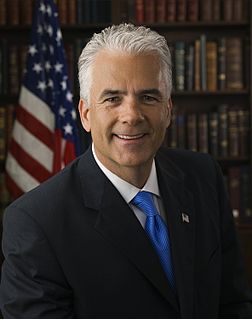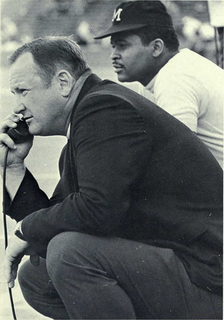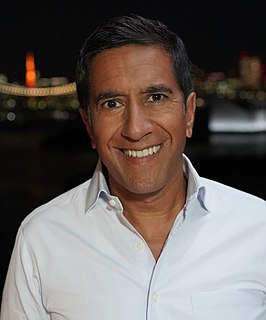A Quote by Richard Thaler
The more we turn down questionable offers like trip insurance and scrutinize 'one month' trials, the less incentive companies will have to use such schemes.
Related Quotes
The best thing that is happening with the health care is premiums will come down. We'll have tremendous competition; you know, we're getting rid of the border state lines, and we're going to have tremendous competition. We're going to have insurance companies fighting, like life insurance. You know, we - life insurance, you have these companies that are like - like going all over the place. We're going to have a tremendous - tremendously competitive market and health care costs are going to be forced down.
One of the biggest reasons for higher medical costs is that somebody else is paying those costs, whether an insurance company or the government. What is the politicians' answer? To have more costs paid by insurance companies and the government. ... [H]aving someone else pay for medical care virtually guarantees that a lot more of it will be used. Nothing would lower costs more than having each patient pay those costs. And nothing is less likely to happen.
For God's sakes, quit worrying about your next job. Just do the best you can at the job you have now, and the offers will come. And when they do, if you have confidence in yourself you don't have to feel that you can't turn it down if it isn't quite right for you because you fear you'll never get another offer. You will. Wait for the right opportunity, and turn down all the rest. It will make all the difference.
Health insurance, which is exceedingly difficult to secure as an individual in New York. Obamacare, while certainly better than nothing, is pretty awful, and if you have a complicated health history, as I do, you need premium insurance, which means private insurance. The challenge, though, is finding a company that will give you the privilege of paying up to $1,400 a month for it. When I didn't have a job, I spent more time thinking about insurance - not just paying for it, but securing it in the first place - than I wanted to.



































